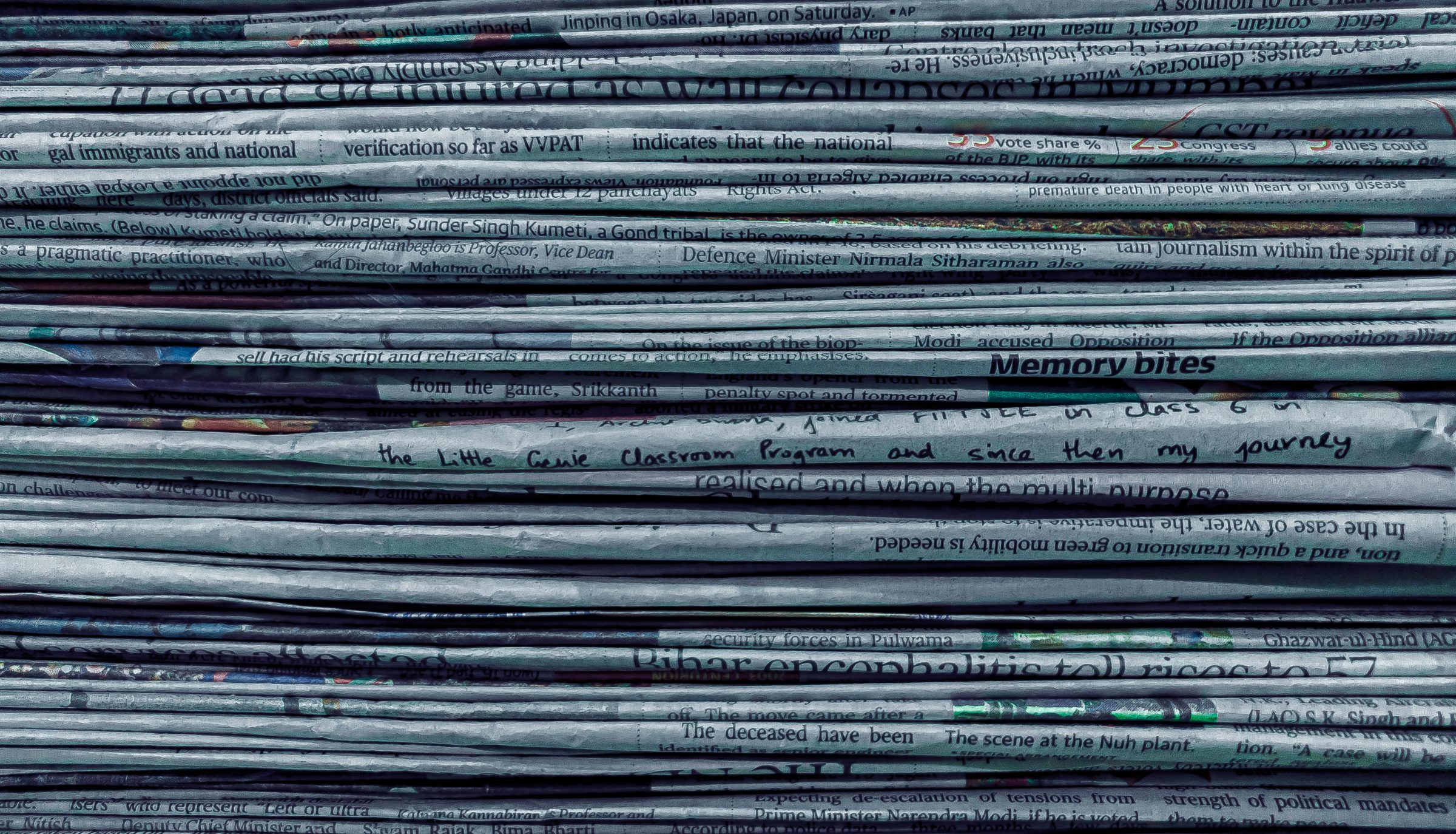Economic Liberties Applauds Long-Overdue Merger Filing Reforms Taking Effect
February 7, 2025 — Today at 5 pm EST, merging firms must submit a new filing form to antitrust agencies. In October, the FTC and Department of Justice’s Antitrust Division finalized a new rule for the Hart Scott Rodino form — a key pre-merger filing document that has not been updated since 1978 — to modernize and streamline the merger review process. The American Economic Liberties Project released the following statement.
Trump Reverses Tariff Order, Reopening De Minimis Trade Loophole for Millions of Daily Duty-Free Import Shipments from China After Meeting with FedEx CEO
February 7, 2025 — Rethink Trade today condemned President Trump’s reopening of a major trade enforcement loophole that will allow millions of import shipments arriving daily from China to evade inspection and Trump’s new 10% China tariffs as well as the 20% tariffs he imposed in 2018 on two-thirds of all Chinese imports.
Bessent’s Block of CFPB’s Medical Debt Rule Will Trap 15 Million Americans Under Unfair Credit Penalties
February 4, 2025 — In response to news that Senators Josh Hawley and Bernie Sanders have introduced a bipartisan bill to cap credit card interest rates at 10 percent—fulfilling a campaign pledge made by President Trump—the American Economic Liberties Project released the following statement.
Economic Liberties Applauds Hawley-Sanders Bill to Cap Credit Card Interest Rates
February 4, 2025 — In response to news that Senators Josh Hawley and Bernie Sanders have introduced a bipartisan bill to cap credit card interest rates at 10 percent—fulfilling a campaign pledge made by President Trump—the American Economic Liberties Project released the following statement.
Trump Fires CFPB Director Chopra, Ending Pro-Consumer Era That Put Billions Back in Americans’ Pockets
February 1, 2025 — Following news that Rohit Chopra, Director of the Consumer Financial Protection Bureau, has been fired by President Trump, the American Economic Liberties Project released the following statement congratulating him on his agency’s accomplishments under his tenure.

